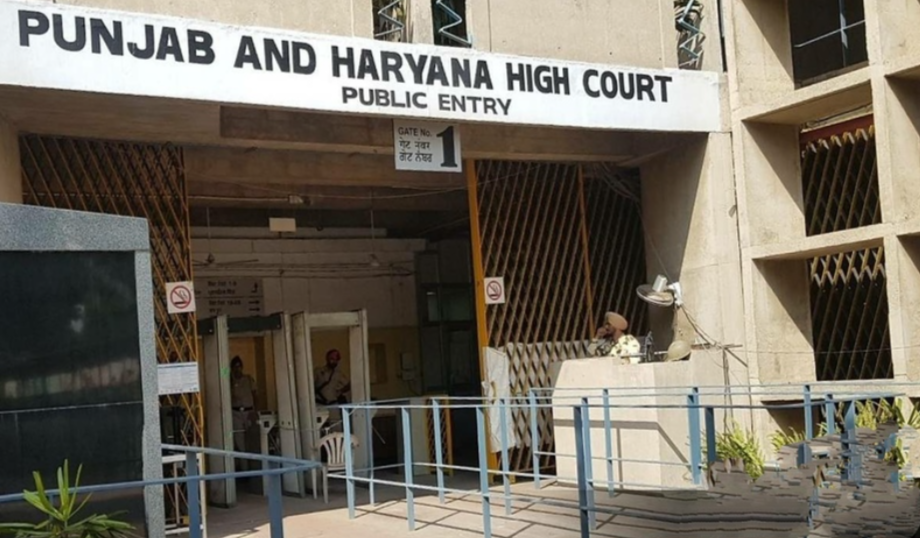Shreya Gupta
On 21st February, 2025, the Punjab and Haryana High Court heard a plea from Amritpal Singh, a detained Member of Parliament, seeking approval to attend Lok Sabha.
This case was heard by a division bench comprising Chief Justice Sheel Nagu and Justice Sumeet Goel, Amritpal Singh has been in preventive detention in Assam under the National Security Act (NSA) since 2023 due to his alleged efforts to revive the Khalistan movement in Punjab. Despite being elected as an MP from the Khadoor Sahib constituency after his detention, he has been unable to participate in parliamentary sessions, prompting him to approach the court for relief.
The Court inquired whether Singh had applied for leave from the Lok Sabha and whether a panel responsible for considering such applications was in place. In response, during the latest hearing, Additional Solicitor General Satya Pal Jain, representing the Secretary General of the Lok Sabha, informed the bench that a ‘Committee on Absence of Members from the Sittings of the House’ was constituted on date to address such requests. The committee consists of 15 members and will review applications for leave, including Singh’s request. Jain further confirmed that Singh had indeed applied for leave. However, the matter was adjourned as Singh’s legal representative was not available for the proceedings.
Singh’s plea argues that MPs under preventive detention retain the right to attend Parliament sessions since parliamentary duties and privileges hold precedence over detention in non-criminal cases. According to the petition, if Singh continues to remain absent for 60 days, his parliamentary seat will be declared vacant, necessitating fresh elections in his constituency. As of now, Singh has already missed more than 46 days of Parliament sittings. His counsel contends that although he applied for leave, he has not received any formal communication regarding the decision.
Additionally, Singh has sought permission to participate in meetings with government officials and ministers concerning the implementation of the Members of Parliament Local Area Development Scheme (MPLADS). His plea contends that his absence is not voluntary but rather a result of forced action by authorities preventing him from attending Parliament. He argues that such prevention amounts to contempt of Parliament since it obstructs his legislative responsibilities despite his willingness to fulfill them.
This case highlights the intersection of preventive detention laws and parliamentary privileges, raising critical legal and constitutional questions regarding the rights of detained lawmakers.
Case Title: Amritpal Singh v. Union of India and Others
Bench: Chief Justice Sheel Nagu and Justice Sumeet Goel
Instagram: Click here.
LinkedIn: Click here.
For Collaboration and Business: info.desikaanoon@gmail.com

